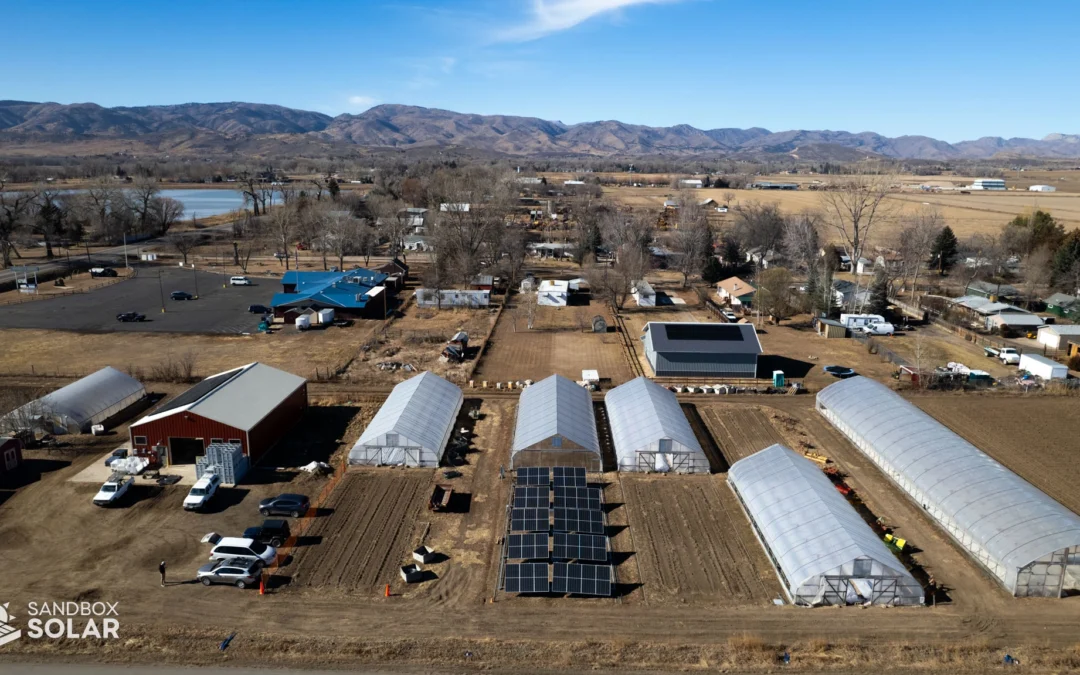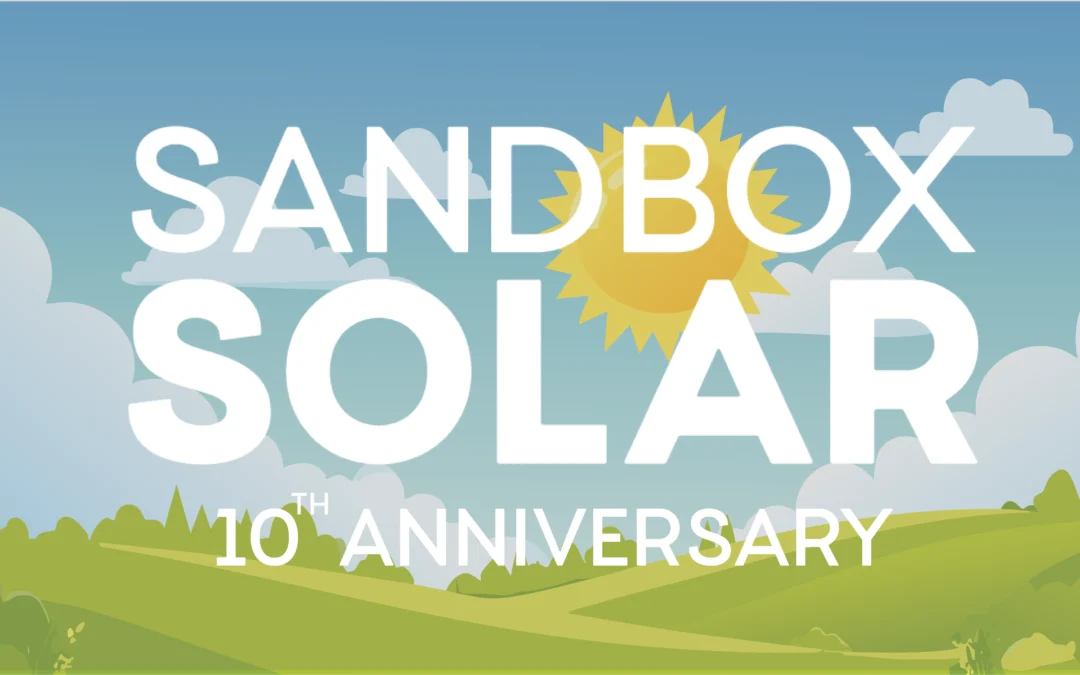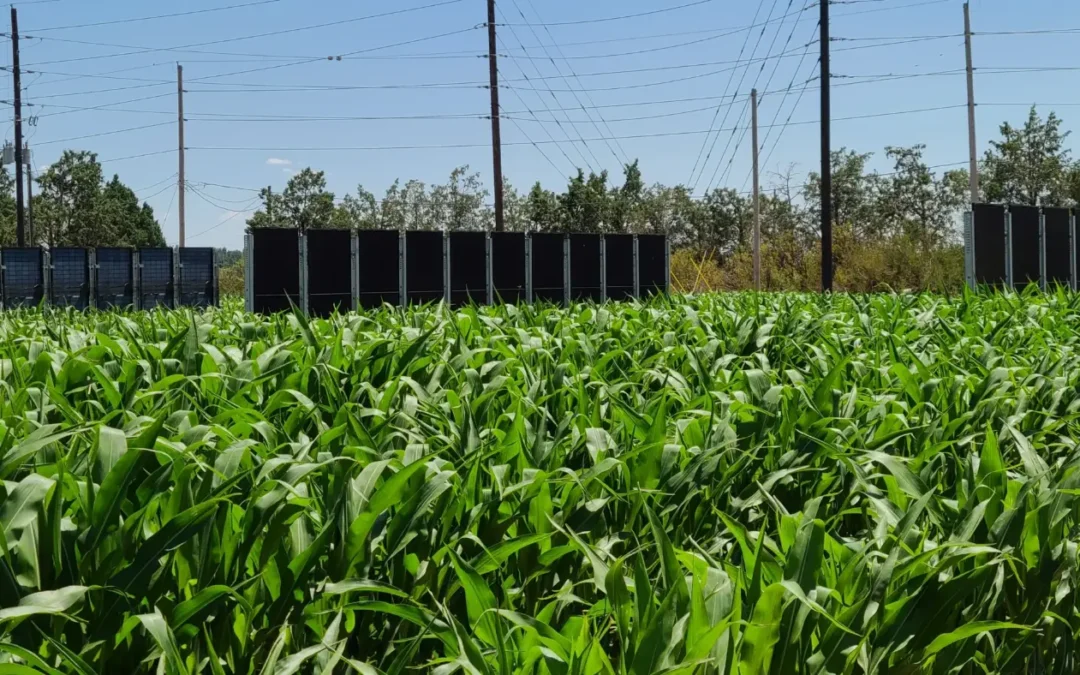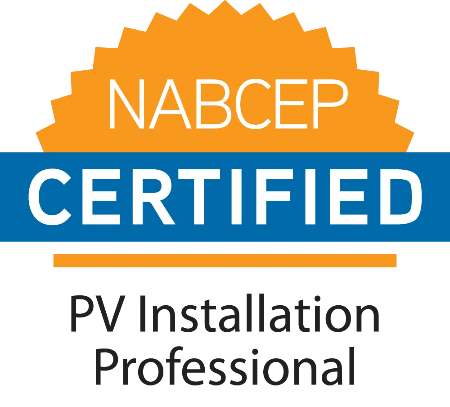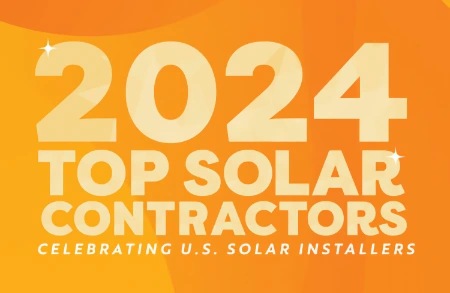As you begin your solar research, you’ll undoubtedly come across a wide variety of online solar calculators that are designed to help you determine if your home or office is right for solar. Like everything, these online solar calculators can be a great place to start – providing valuable insight and a beginning cost estimation – but there are some things you should know.
There are a lot of calculators out there, but we recommend using Colorado State University’s Solar Calculator, because it’s not only local, it’s also one of the most robust and unbiased sources out there. Here’s what else you should know about online solar calculators:
- They Are Good for Estimation: Online solar calculators such as CSU’s Solar Calculator, have come an incredibly long way in their ability to determine if your home or building gets enough direct sunlight and estimate how much you could potentially save on your electricity bill if you invest in a solar system. According to CSU, this calculator can be used to figure out the size, costs, and benefits of a grid-tied solar PV system for the home or business. It can be used for both owning and leasing a system.
- Solar Calculators Might Miss Some Things: While CSU’s Solar Calculator and other online solar calculators are a good place to start, they might very well miss some things. For instance, these calculations are based on Google Earth renderings, but these images aren’t updated as often as you may think. Things can quickly change, meaning the system might not be accounting for new buildings, trees, or other factors that will affect your system. Furthermore, because these calculators are based on images, rather than climbing on your roof in person, they might miss intricacies like dormers, chimneys, or other structural issues that will affect the placement of your system. And finally, these online solar calculators are not local. They might miss some financing opportunities or information unique to Northern Colorado.
- They’re Not Always Unbiased: Some of the larger, national solar providers have developed their own calculators that can provide good information, but at the end of the day, their job is to sell more solar systems. Be sure to check two or three calculators or use an unbiased source such as Colorado State University’s Solar Calculator as you begin your research. This will help you avoid getting oversold by any one company.
- They Can Be Hard to Understand: Some of the results you may see from the online solar calculators may be hard to understand or feel like a foreign language to you, and that’s okay! Don’t let the results steer you away from solar. Sometimes it’s just easier to work with a real, live human to answer your questions and explain the ins and outs of solar instead of relying on the computer.
- Be Sure to Get a FREE Quote Before Beginning: Getting solar for your home is a big investment and one that should be fully researched before you sign on the dotted line. Most solar installers will offer a free solar quote before they ever begin work. Get a few quotes from both local and national suppliers to check costs and see who is the most accommodating to work with. These solar suppliers will account for all factors when you’re considering solar and will make sure you get a system that fits into your budget and within the constraints of your roof and location.
If you’re considering solar in Northern Colorado, ask for a FREE quote from Sandbox Solar. We’ll come to your home or business and look at your roof in person to make you’re getting the solar system that’s right for your needs. We pride ourselves on being your local Northern Colorado solar provider and we are here to help you through the entire design, development, and installation of solar panels at your home or business, utilizing the highest quality design tools and components. We intimately know the local solar industry, and we’ll make sure you get the best deal possible. Contact us to learn more.

